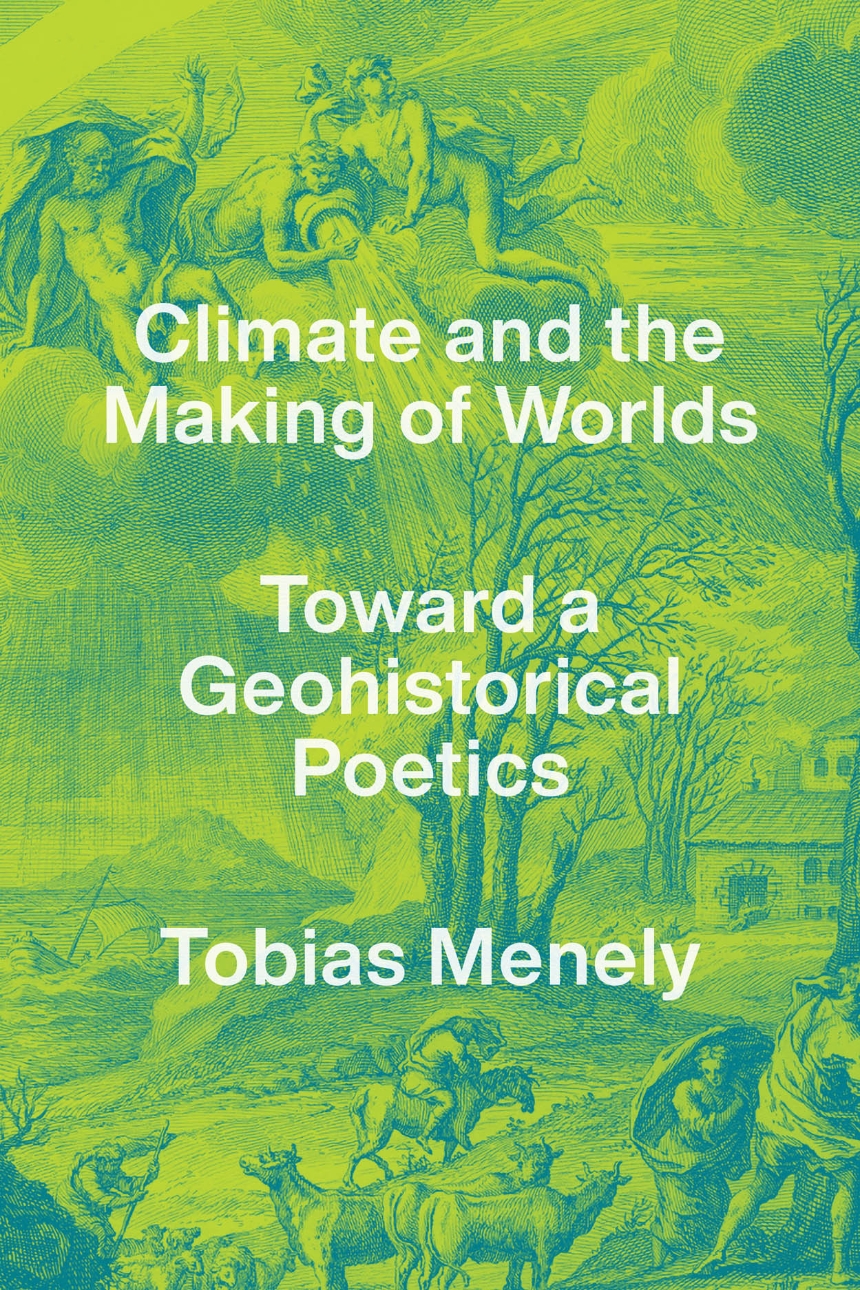Climate and the Making of Worlds
Toward a Geohistorical Poetics
Climate and the Making of Worlds
Toward a Geohistorical Poetics
In this book, Tobias Menely develops a materialist ecocriticism, tracking the imprint of the planetary across a long literary history of poetic rewritings and critical readings which continually engage with the climate as a condition of human world making. Menely’s central archive is English poetry written between John Milton’s Paradise Lost (1667) and Charlotte Smith’s “Beachy Head” (1807)—a momentous century and a half during which Britain, emerging from a crisis intensified by the Little Ice Age, established the largest empire in world history and instigated the Industrial Revolution. Incorporating new sciences into ancient literary genres, these ambitious poems aspired to encompass what the eighteenth-century author James Thomson called the “system . . . entire.” Thus they offer a unique record of geohistory, Britain’s epochal transition from an agrarian society, buffeted by climate shocks, to a modern coal-powered nation. Climate and the Making of Worlds is a bracing and sophisticated contribution to ecocriticism, the energy humanities, and the prehistory of the Anthropocene.
272 pages | 2 halftones | 6 x 9 | © 2021
History: British and Irish History, Environmental History
Literature and Literary Criticism: British and Irish Literature, General Criticism and Critical Theory
Reviews
Table of Contents
Chapter 1. “Earth Trembled”: Paradise Lost, the Little Ice Age, and the Climate of Allegory
Chapter 2. “The Works of Nature”: Descriptive Poetry and the History of the Earth in Thomson’s The Seasons
Chapter 3. Mine, Factory, and Plantation: The Industrial Georgic and the Crisis of Description
Chapter 4. Uncertain Atmospheres: Romantic Lyricism in the Time of the Anthropocene
Afterword: The Literary Past and the Planetary Future
Acknowledgments
Notes
Bibliographic Note
Index
Awards
Association for the Study of Literature and the Environment: ASLE Book Award
Finalist
Society for Literature, Science, and the Arts: Michelle Kendrick Memorial Book Prize
Won
Center for Robert Penn Warren Studies: Warren-Brooks Award
Won
